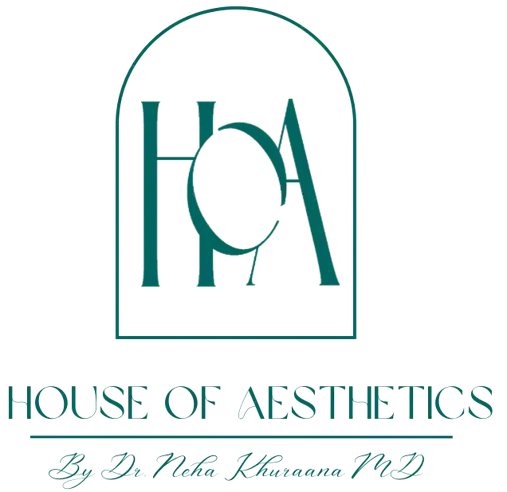Effective Solutions for Alopecia Treatment in Delhi
Best Alopecia Treatment in Delhi
Alopecia treatment is essential for addressing hair loss, a condition that can impact both the scalp and body. Whether it’s a temporary or permanent concern, factors like heredity, hormonal changes, medical conditions, or the natural aging process can contribute. Though anyone can experience hair loss, it’s more prevalent in men. If you’re dealing with alopecia, seeking professional guidance and exploring effective alopecia treatment in Delhi options tailored to your needs is crucial for regaining confidence in your locks.
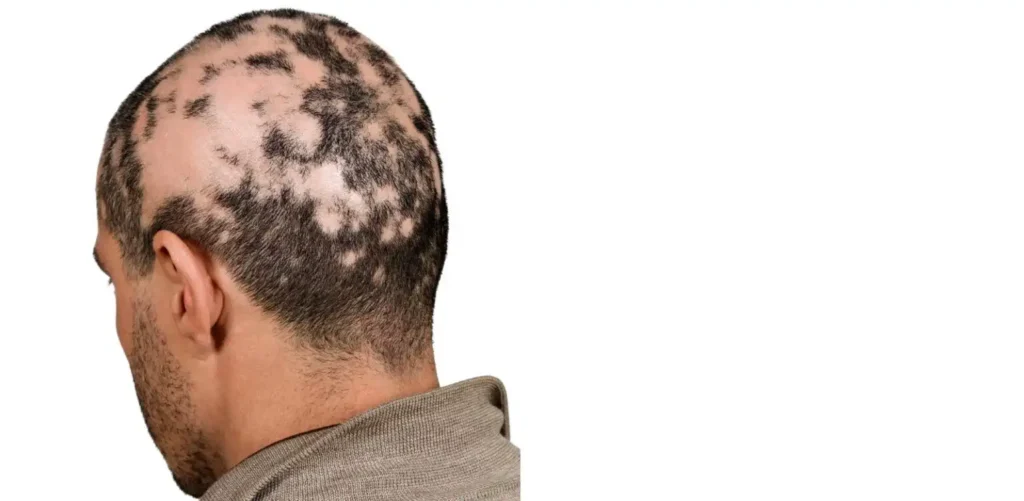
Causes of Alopecia
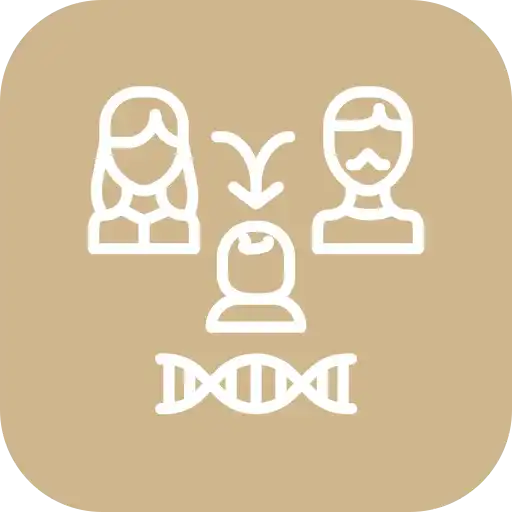
Genetic
Inherited genes can play a significance in the development of alopecia
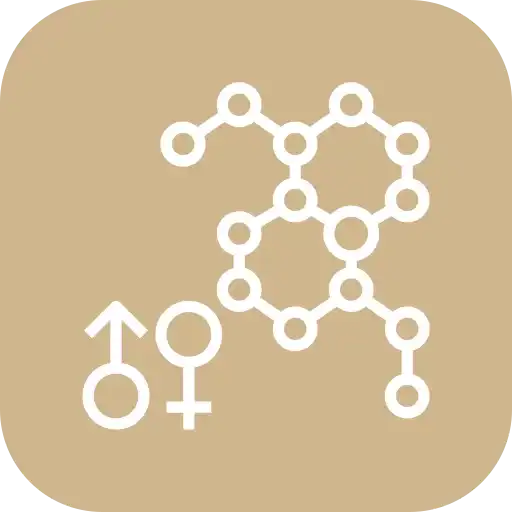
Hormonal Changes
Imbalances, such as those during pregnancy, childbirth, or menopause, can contribue

Medical Conditions
Certain illnesses, like lupus and diabetes, may trigger alopecia

Medications and Treatments
Side effects of certain drugs or therapies may include hair loss- eg. Chemotherapy

Stress
High stress levels can lead to hair loss, including alopecia

Infections
Fungal and bacterial infections affecting the scalp can contribute to alopecia

Nutritional deficiencies
Lack of essential nutrients, such as iron or vitamin D, may result in hair loss
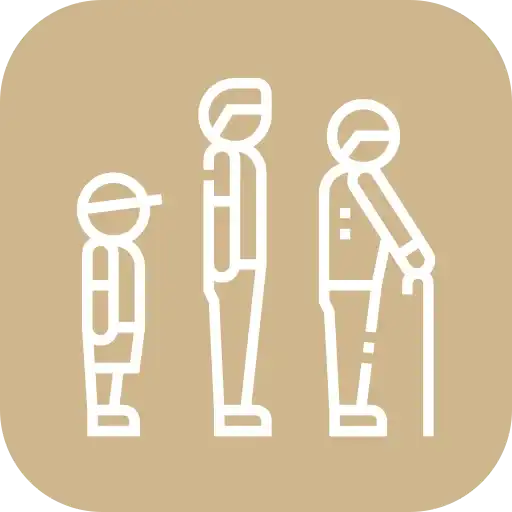
Natural Ageing
Alopecia Symptoms
- Gradual thinning at the top of the head is more common as people age.
- Circular or patchy bald spots on the scalp, beard, or eyebrows.
- Sudden loosening of hair due to physical or emotional shock.
- Full-body hair loss resulting from certain medical conditions or treatments like chemotherapy.
- Scaling patches that spread over the scalp, are often associated with ringworm.
Types of Alopecia
- Androgenic alopecia (hereditary baldness), affects both men and women
- Alopecia areata, an autoimmune condition leading to head and body hair loss
- Telogen effluvium, rapid hair loss due to stress
- Anagen effluvium, often resulting from medical treatments like chemotherapy
Can Hair Grow Back?
Yes, hair regrowth is possible. Some people may regrow their hair and never experience another episode of loss. However, many may witness regrowth followed by subsequent hair loss, known as a relapse, occurring within a year or up to 5 years.
Duration
Episodes of alopecia areata can vary in duration. Some individuals may see regrowth within a year without further episodes, while others might require regrowth treatment. Without treatment, hair loss might persist or worsen.
Treatment and Relapse of Alopecia
- While there’s no current cure for alopecia areata, treatments are available to aid regrowth.
- Treatment of hair loss depends on its cause. Addressing underlying health issues, if any, often helps halt hair loss.
- Treatments for androgenic alopecia typically involve medications like minoxidil or finasteride, hair transplants, or Platelet therapy for hair treatment. Prevention involves maintaining a healthy diet, stress management, avoiding hairstyles that stress the hair, and, during chemotherapy, using cooling caps to minimize hair loss.
House of Aesthetics, led by Dr. Neha Khuraana – the best dermatologist in Delhi, offers various treatments aimed at hair regrowth and management, providing effective options for individuals seeking assistance in regrowing their hair.
Frequently Asked Questions
No, alopecia areata itself is not contagious. However, underlying infections or conditions causing alopecia may be contagious, leading to hair loss.
Emotional stress can contribute to alopecia in some cases. However, while stress may worsen certain types of hair loss, it's not always the sole cause.
While lifestyle changes cannot cure alopecia, maintaining a balanced diet, reducing stress, and using gentle hair care practices might support overall hair health and potentially aid in management.
+91-8076372929
info@hoadelhi.in
10:30 am to 8:00 pm
Wednesday off


